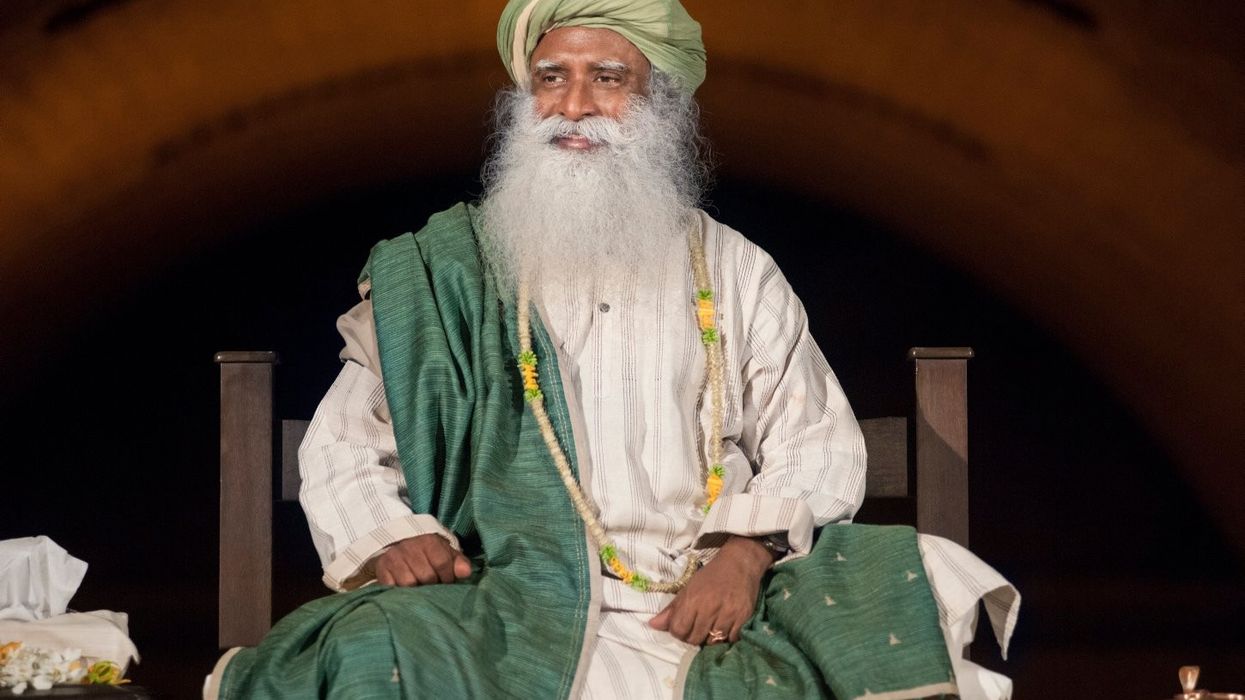Eating meals earlier could decrease the likelihood of suffering from heart attack and stroke, a large-scale study has found. A study involving over 100,000 individuals in France revealed that those who skipped breakfast and delayed their first meal faced an increased risk of developing cardiovascular disease, The Times reported.
Additionally, having dinner after 9 pm correlated with increased rates of stroke, especially among women.
Published in Nature Communications, the study involved scientists from the Barcelona Institute for Global Health, Université Sorbonne Paris Nord, and various other institutions.
The researchers suggested that the connection might be attributed to food's influence on aligning internal body clocks and regulating blood pressure patterns.
They said that eating meals late at night could disrupt this system, resulting in metabolic disturbances.
The researchers highlighted studies indicating that the body's highest sensitivity to insulin and elevated glucose concentration occurs in the early morning, declining throughout the day. This suggests that the body's metabolism is geared to anticipate and process energy sources at specific times.
Their findings indicated that each hour's delay in having breakfast correlated with a 6 per cent higher risk of cardiovascular disease. Eating after 9 pm was associated with a 28 per cent increase in the risk of cerebrovascular disease, particularly stroke, compared to consuming meals before 8 pm.
Moreover, a longer overnight fasting period—spanning from the last meal of one day to the first meal of the next—was linked to a reduced likelihood of cerebrovascular disease.
The concept of restricting food intake to a specific time window has gained popularity in diets.
The researchers said, “Considering evidence on the negative impacts of delaying the first and the last meal of the day, it is reasonable to think that it would be better to practice time-restricted eating by having an early first and last meal of the day.”
Nearly 80 per cent of the 103,389 participants consisted of women, with an average age of 42.
Cardiovascular diseases rank as the primary cause of global mortality, accounting for 18.6 million deaths in 2019.
Traditionally, research concerning diet and heart health centered on the quantity and quality of consumed foods. However, the emerging field of "chrononutrition," focusing on the correlation between the timing of food intake, circadian rhythms, and health, is gaining prominence.
The researchers said they need to replicate their findings across other large cohorts and diverse settings but said their results were consistent with previous experiments.
The researchers concluded that these findings imply that, beyond the dietary quality itself, recommendations regarding meal timing for patients and citizens may aid in promoting better cardiometabolic health.
Tracy Parker, a dietitian at the British Heart Foundation commented that we are already aware of the substantial impact of diet on heart health. This interesting study aligns with other research indicating that our eating habits' timing might also contribute to the risk of developing heart and circulatory diseases.
There seems to be a connection between our body's internal clock, digestion, and nutrient absorption, she said. The body's circadian rhythms, its inherent daily cycle, are tailored for daytime eating and sleeping at night. If these rhythms are disrupted, it could potentially impact our heart health.
It's crucial to note that while these studies reveal an association, determining if the risks solely arise from meal timings is difficult to tell. More research is essential to ascertain how meal timings influence our health.
Presently, the focus should remain on dietary choices and maintaining a regular meal pattern. However, eating meals earlier in the day rather than late at night is unlikely to be detrimental and could benefit our health, the dietitian said.




















